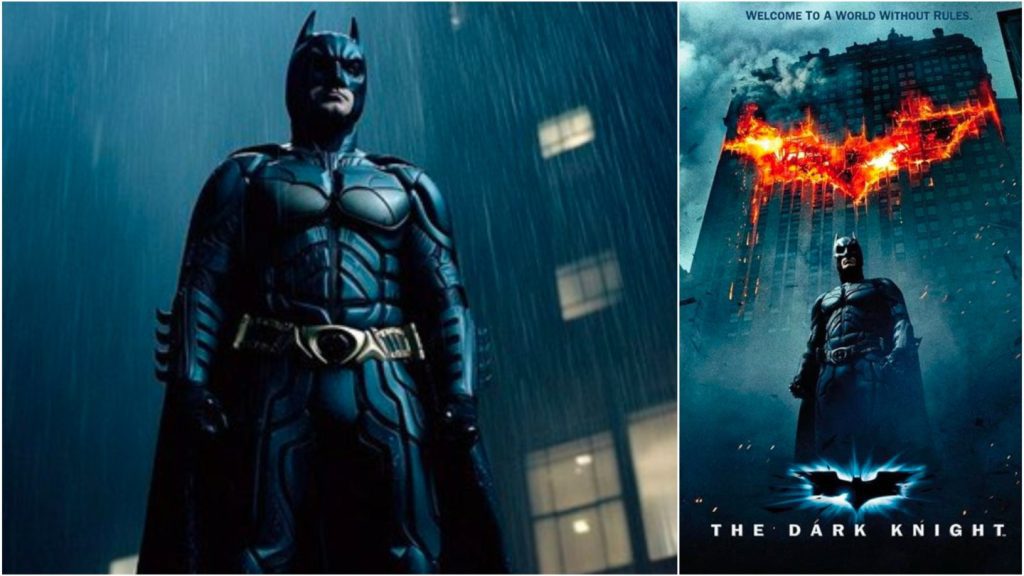Warner Bros. Discovery Sues AI Image Generator for Copyright Infringement
Warner Bros. Discovery has initiated a lawsuit against the popular AI image generator, Midjourney, over allegations of copyright infringement. This lawsuit intensifies the ongoing dispute regarding the use of films and television shows owned by major studios for training AI systems.
The lawsuit accuses Midjourney, which boasts millions of users, of profiting from widespread content theft. The legal complaint, filed in California federal court, claims that Midjourney allows its subscribers to create images and videos featuring iconic copyrighted characters, thereby infringing on Warner Bros. Discovery’s intellectual property.
A spokesperson for Warner Bros. Discovery emphasized that their core mission involves crafting stories and characters that entertain audiences, reflecting the creativity of their partners. They stated, “Midjourney is blatantly and purposefully infringing copyrighted works, and we filed this suit to protect our content, our partners, and our investments.”
Over the years, AI companies have been criticized for training their systems using data collected from the internet without compensating the original creators. This has led to numerous lawsuits from various stakeholders, including authors and studios, who argue that certain AI tools diminish the demand for their original content.
Joining forces with other major studios like Disney and Universal, Warner Bros. Discovery alleges that Midjourney is effectively stealing from their libraries of movies and TV shows. A representative from Disney expressed their commitment to safeguarding creators and welcomed Warner Bros. Discovery’s collaboration in combating Midjourney’s infringement.
Warner Bros. Discovery’s lawsuit highlights Midjourney’s generation of images that pertain to well-known characters from franchises such as DC, Looney Tunes, and Cartoon Network, among others. The complaint includes examples demonstrating how Midjourney produces images that closely resemble these copyrighted figures even from vague prompts.
The complaint aims to hold Midjourney accountable for damages from the alleged infringement or seek significant compensation for each infringed work. As the legal battles continue, a critical question remains: Are AI companies protected under the doctrine of fair use, which allows for the transformation of copyrighted works? The outcome of such questions will likely have widespread implications for the future of generative AI technologies.



